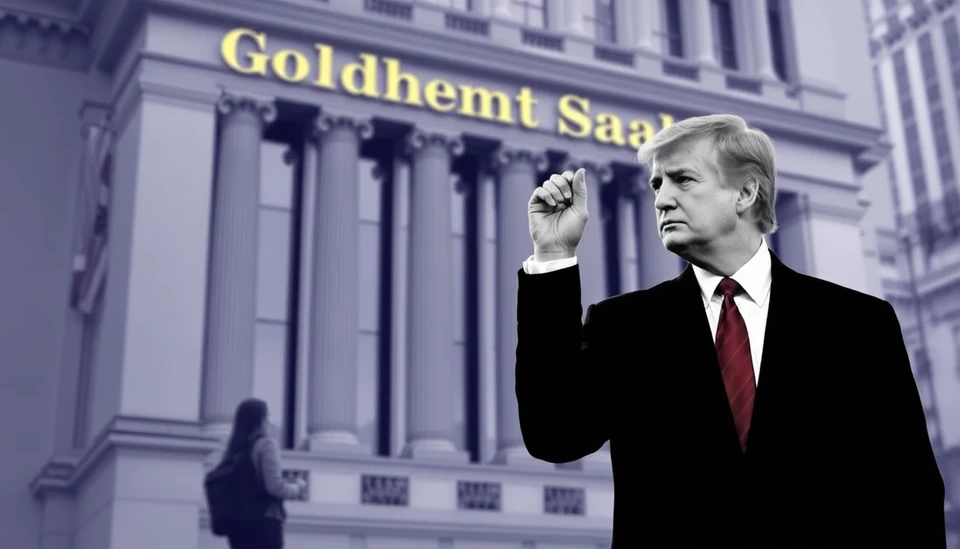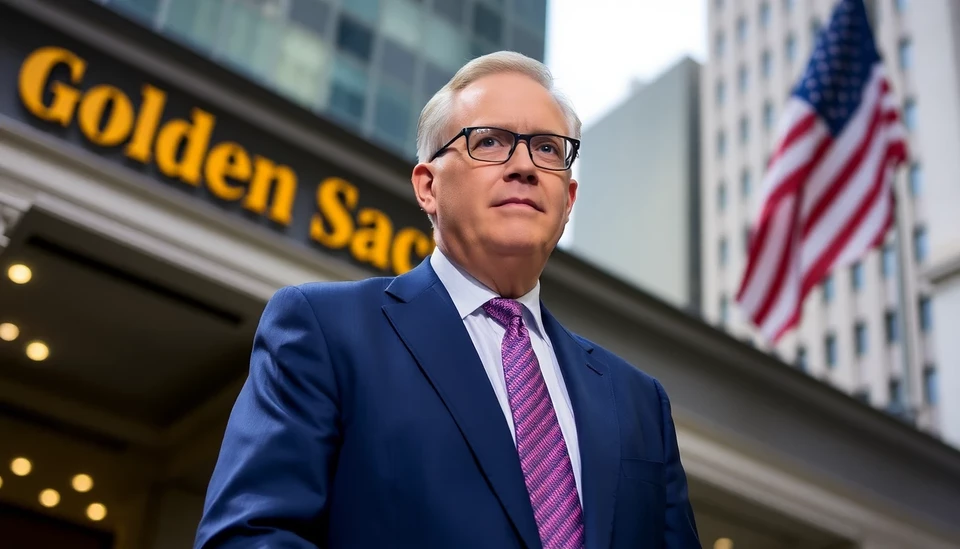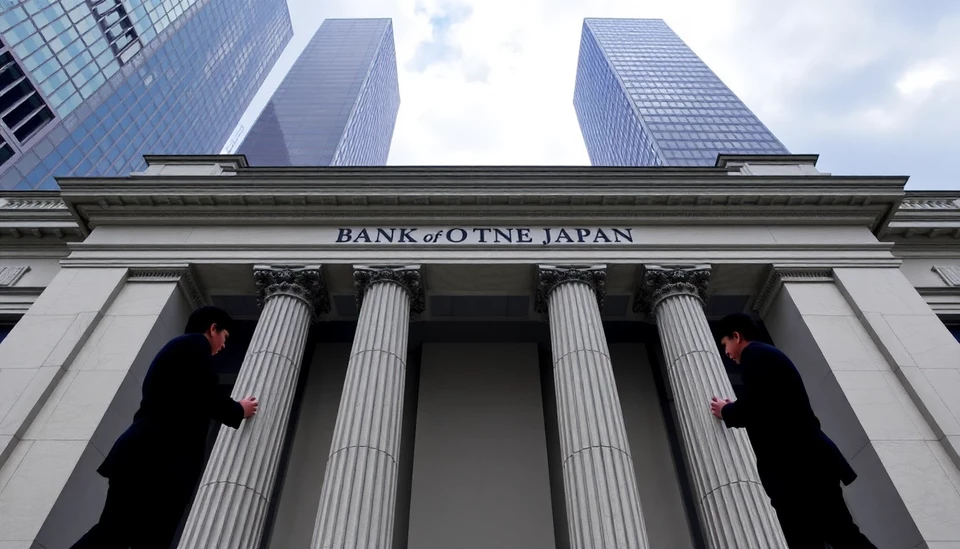
Goldman Sachs has recently assessed that the immigration strategies proposed by former President Donald Trump could lead to a notable reduction in economic growth in the United States. This analysis comes in the wake of Trump's announcement regarding potential immigration reforms, which are designed to tighten regulations and restrictions surrounding both legal and illegal immigration.
The investment bank's economists have highlighted that such changes could diminish labor supply, especially in sectors heavily reliant on immigrant workers. Industries such as agriculture, hospitality, and technology, which have traditionally depended on an immigrant workforce, could experience significant disruptions. The report elaborates that a reduction in immigrant labor could lead to increased production costs, ultimately impacting consumers and businesses alike.
Goldman Sachs is projecting a decline in the country’s Gross Domestic Product (GDP) growth due to these anticipated immigration moves. The economists estimated that the impact may shave up to 0.5 percentage points off GDP growth over the next few years if the proposed policies are enacted. This forecast has raised concerns among analysts and business leaders about the long-term implications for the U.S. economy, particularly in a landscape that is already experiencing challenges related to labor shortages and inflation.
Moreover, the report indicated that the impact would not be immediate but could accumulate over time, affecting various economic sectors and the overall workforce dynamics. The potential slowdown in economic growth could alter investment patterns, consumer spending, and even the broader job market across the nation. This aspect is especially critical, as the U.S. economy is still navigating the post-pandemic recovery phase.
In light of these findings, Goldman Sachs has urged policymakers to carefully consider the repercussions of any immigration policy changes, advocating for a balance that allows for both national security and economic growth. The investment firm underscored the historical importance of immigrants in driving innovation and filling labor gaps, which have been critical for the U.S. economy's robustness.
The firm’s analysis adds to an evolving debate surrounding immigration reform in the United States, intertwining economic theory with social and political discussions. It raises pivotal questions on how best to manage immigration policies in a way that supports both economic stability and the workforce needs of various industries.
As the nation approaches crucial legislative discussions around immigration, the insights from Goldman Sachs could influence both public perception and the decisions of lawmakers, who find themselves at the crossroads of economic policy and national identity.
In the coming weeks and months, the reactions from different sectors of the economy will be closely observed, as many will be looking to see if political rhetoric translates into actionable policy changes that could reshape the American workforce.
Ultimately, the conclusions drawn by Goldman Sachs serve as a vital reminder of the interconnectedness of immigration policy and economic health, urging a thoughtful approach to a complex and multifaceted issue.
#GoldmanSachs #Trump #ImmigrationPolicy #USEconomy #EconomicGrowth #LaborSupply #GDP #PolicyImpact
Author: Daniel Foster




